Education
4 partners of the Base chain by Coinbase
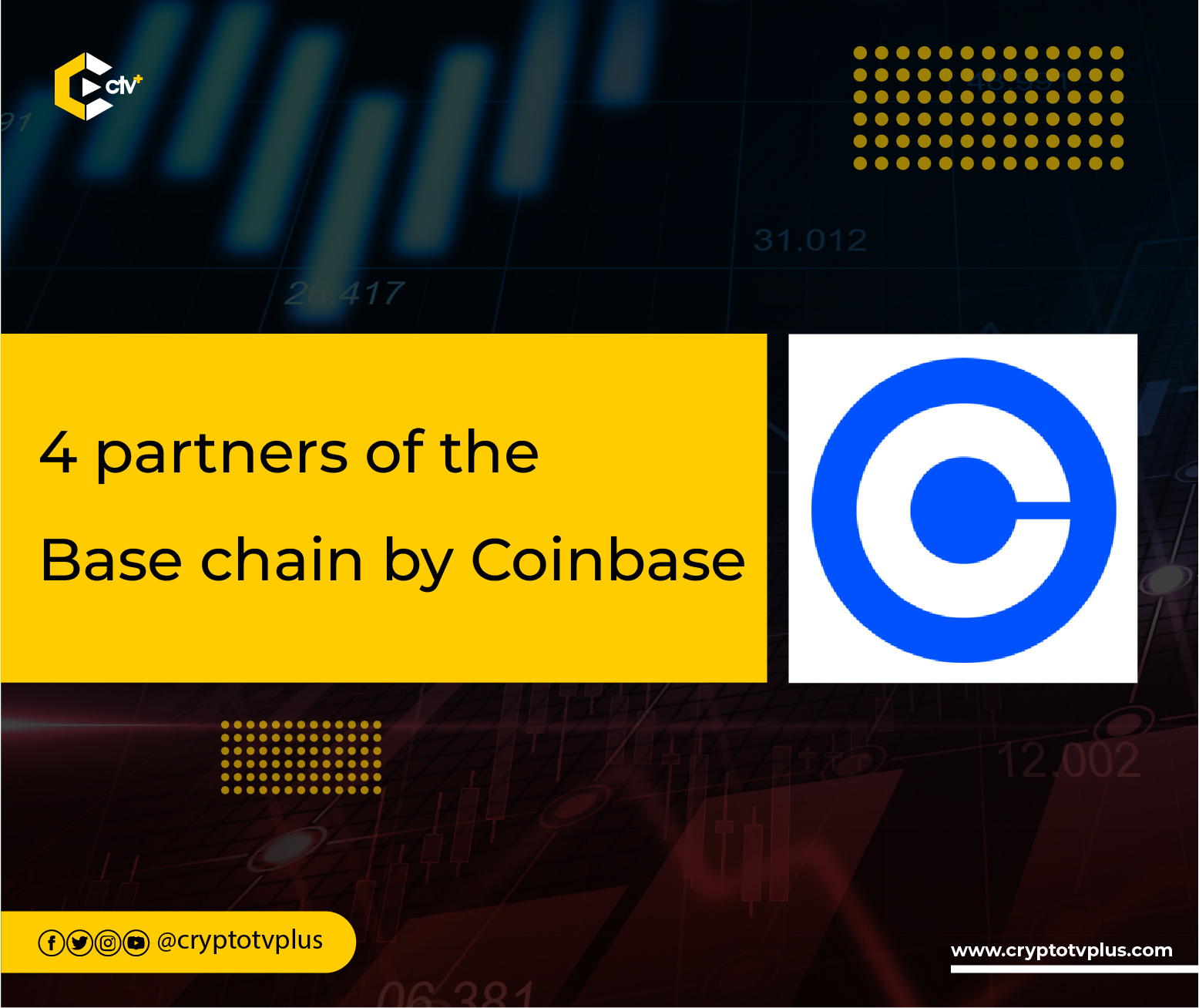
Base is the latest project by Coinbase, one of the largest crypto exchanges in the world with over 100 million verified users.
Base is a layer two chain built on the Ethereum blockchain as a safe, low-cost infrastructure for building Web3 applications. Since the few days if was launched, Base has secured some partners, and this article will cover four partners Base now have.
Blockdaemon
Blockdaemon is providing infrastructure support to Base via Ubiquity. Ubiquity is one of Blockdaemon’s products — a multichain API that makes it easier for blockchains to access data from several chains.
The API is fast, flexible, and easy to use with little investment in time to be implemented as users don’t need to run any expensive node to access it. From analytics companies to exchanges and other forms of Web3 firms, Ubiquity provides a good source of data.
With Ubiquity, blockchains don’t have to rely on the strength of their native APIs which is limited compared to the multichain access provided for Ubiquity. According to Ubiquity, it will become operational on Base from March 1, 2023.
Blockchains that integrate Ubiquity are granted access to Bitcoin, Ethereum, Solana, Polkadot, Bitcoin Cash, Diem, Stellar, Dogecoin, Litecoin, NEAR, Algorand, Tezos, and XRP.
Optimism
Optimism is a layer 2 network built to support scaling of other blockchains and dApps developed on it. Optimism uses Optimistic rollups. These rollups put data of several transactions done on the Optimism chain together as a single transaction, processes on Ethereum. With this, gas fees are drastically reduced for all transactions done.
Optimism has a native token called OP token which was airdropped in May 2022 and the total supply is capped at 4.29 billion. After the release of the Base chain, market indices showed that the price of OP tokens went up.
Infura
Infura stands out as another infrastructure tool that partnered with Base. Powered by Consensys, the developer of the Metamask wallet, Infura is a Web3 Infrastructure-as-a-Service (IaaS) on which developers and institutions can build efficient dApps while connecting with several tools and services.
These include Ethereum Nodes, Transaction Relaying, Layer 2 Networks, IPFS, Trufflesuite, ConsenSysAudits, metamask, and Filecoin. Although connections with the InterPlanetary File System (IPFS) and Filecoin are still in development.
Infura has the Infura API suite which is made up of an NFT SDK and NFT REST APIs. With the help of the NFT SDK, developers can wrap REST calls to Ethereum nodes using the TypeScript library or JavaScript. The advantage of this is that users can deploy projects on Ethereum without any need for an intense understanding of the Solidity language.
Quicknode
QuickNode is a blockchain development platform for building and scaling dApps. Building on Quicknode grants developers access to different blockchains – Ethereum, Solana, Bitcoin, Polygon, BSC, Fantom, Avalanche, Terra, Celo, Optimism, Arbitrum, Algorand, Harmony & Gnosis (xDai) networks – instantly.
It also offers access to an analytics base, via JSON-RPC, from which users can observe how data is used. Quicknode was launched in 2017 and has attracted top investors such as QED Investors, Protocol Labs, 10T Holdings, and Tiger Global Management. It has a monthly API request of over 200 billion.
Foundry, Remix, and Hardhat are part of several Web3 tools used for the deployment of Base.
Read also;



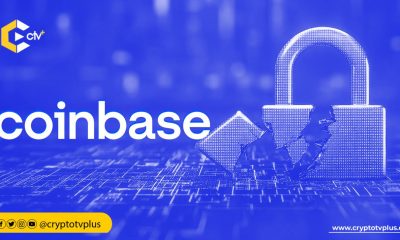

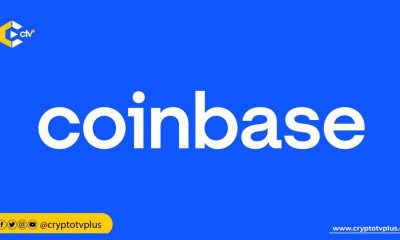

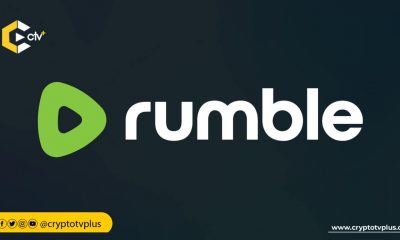

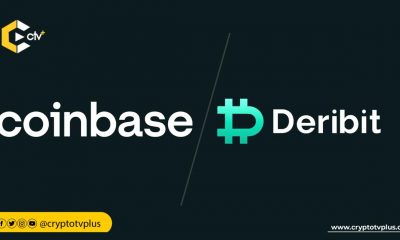



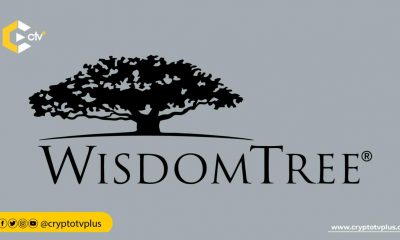











Pingback: 4 partners of the Base chain by Coinbase by Chuks Nnabuenyi Jr – CryptoTvplus Events: NFT, DeFi, Bitcoin, Ethereum, Altcoin Events
Pingback: Does the global financial system need an overhaul? | CryptoTvplus: DeFi, NFT, Bitcoin, Ethereum Altcoin, Cryptocurrency & Blockchain News, Interviews, Research, Shows
Pingback: SharkySwap: A Decentralized Exchange to watch out for? | CryptoTvplus: DeFi, NFT, Bitcoin, Ethereum Altcoin, Cryptocurrency & Blockchain News, Interviews, Research, Shows